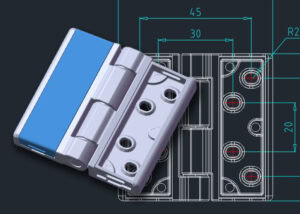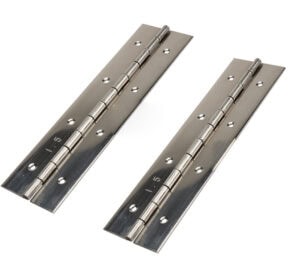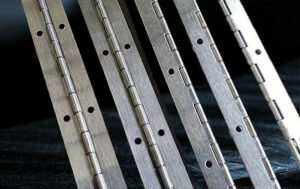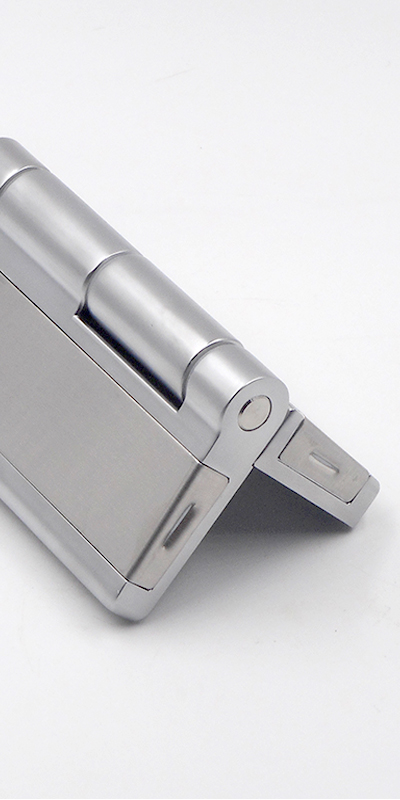Hinges are essential components in various applications, ensuring smooth operation and reliability. Their lifespan depends on material quality, usage, and maintenance.
Hinges generally last between 10 to 15 years, with proper care extending their lifespan up to 25 years. Specialized hinges like soft close hinges and heavy-duty hinges often last longer, depending on their quality and usage environment. Regular maintenance plays a crucial role in maximizing durability.
Understanding the factors affecting hinge longevity can help in proactive maintenance and timely replacements.
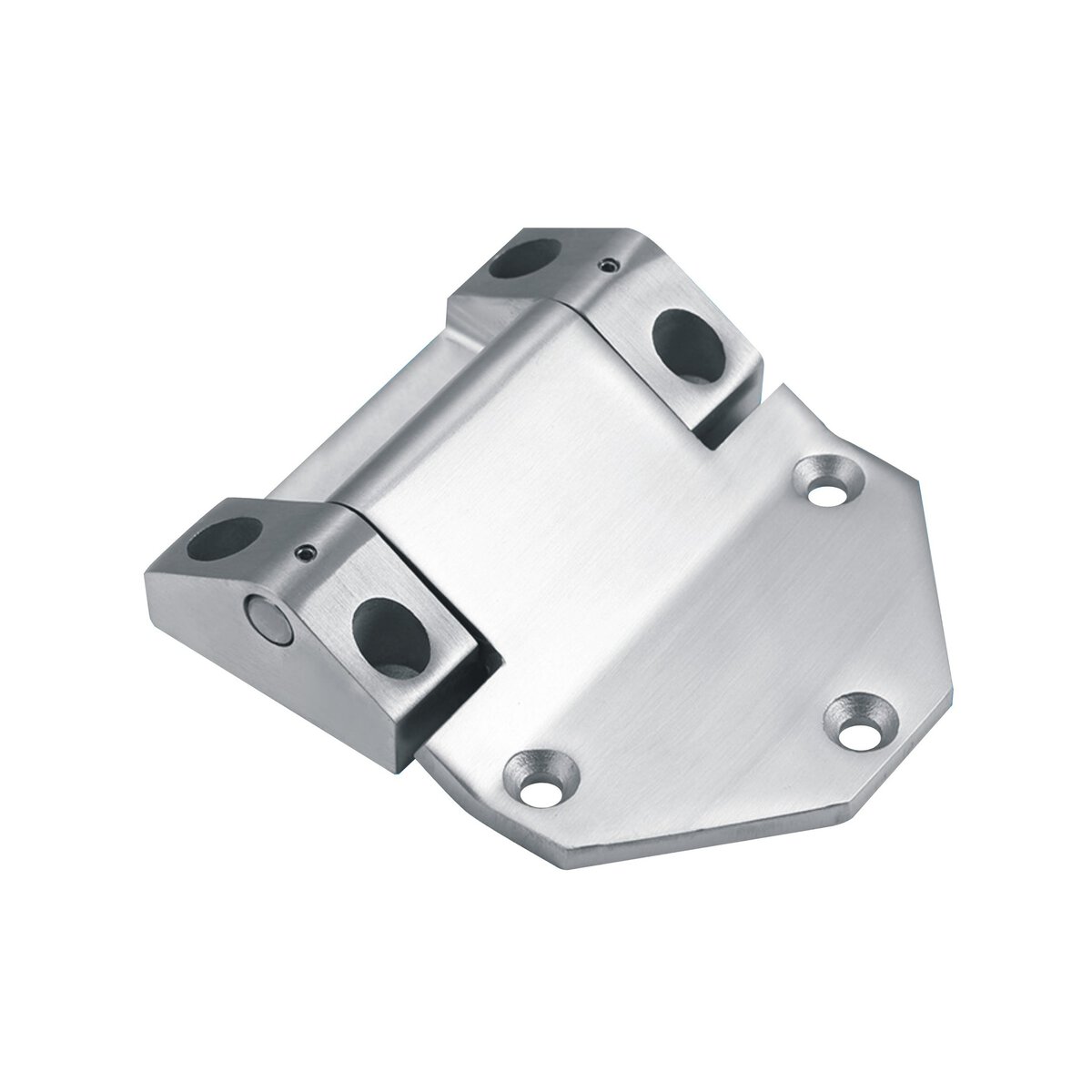
Factors Influencing Hinge Lifespan
Material Quality
High-quality materials are essential for durable hinges. Stainless steel, aluminum, and brass are commonly used for their resistance to corrosion and wear. For applications in harsh environments, marine hinges and cold storage room hinges are ideal choices due to their specialized construction.
Hinges made from stainless steel or aluminum resist rust and wear, ensuring durability even in challenging conditions. These materials are especially important for outdoor or industrial uses. Investing in durable materials minimizes the frequency of replacements and reduces long-term costs.
Why Material Matters
For example, an industrial hinge production base prioritizes material selection to meet stringent quality standards. These hinges must withstand repeated cycles and adverse conditions without losing functionality.
Usage Frequency
The more frequently a hinge is used, the faster it may wear out. High-traffic doors, like those in commercial or industrial settings, demand robust solutions such as heavy-duty hinges or detachable hinges.
Hinges exposed to high-frequency use typically last 5–10 years less than those used occasionally. Choosing hinges designed for the intended level of use ensures better performance and a longer service life.
Practical Example
Consider doors in a warehouse fitted with weld on hinges for extra durability. These hinges withstand constant opening and closing while maintaining stability and security, making them a reliable choice for heavy-duty applications.
Maintenance Practices
Proper maintenance extends hinge lifespan significantly. Lubricating hinges, ensuring proper alignment, and addressing signs of wear early are crucial steps.
Regular lubrication reduces friction and prevents premature wear, while alignment checks avoid undue stress on hinges. Periodic maintenance is a low-cost way to enhance hinge performance and extend its usable life.
Maintenance in Action
For cold environments, maintaining climatic test chamber hinges is vital to prevent malfunction due to temperature extremes. Simple steps like cleaning and lubricating can ensure smooth operation over decades.
Specialized Hinges and Longevity
Soft Close Hinges
Soft close hinges are engineered for durability and convenience. They prevent slamming, reducing the impact and stress on the hinges.
Soft close hinges generally last as long as standard hinges, with proper care extending their life. They are ideal for applications where quiet and smooth operation is desired, such as in residential or office settings.
Laptop Hinges
Laptop hinges are smaller but face unique challenges due to frequent use and compact designs. Wear from repetitive motion is common, especially in 2-in-1 laptop models.
High-quality laptop hinges can last several years but are more prone to damage without careful handling. Choosing a reliable hinge design can prevent the need for frequent replacements.
Conclusion
Hinges are designed for longevity, with proper maintenance and material selection being key to their durability. From butt hinges to soft close hinges, understanding their specific needs ensures optimal performance. With regular care, most hinges can serve reliably for decades.

